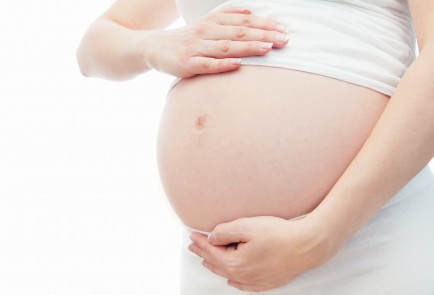
Keep mum: mothers in Spain live in a safe, supportive and fair society.
It’s not Spain’s proclivity for stretchy trousers that makes the country a great place in which to be a mother (although that curious fashion trend probably helps a little), but rather its excellent maternal healthcare, formal education and equal society that comes up trumps…
According to the 16th annual Mothers’ Index by Save the Children, Spain is the seventh-best place in the world in which to have a child – with the UK failing to even make the top 20.
Ranking on five key areas compiled using UN data – women’s health, children’s health, educational attainment, economic well-being and female political participation – the Index is a handy tool for assessing just which countries are not only pro-parent, but pro-mum.
Unsurprisingly, the Scandinavian countries topped the charts, led by Norway, then Finland, Iceland, Denmark and Sweden rounding out the top five. But following the Dutch in sixth was Spain in seventh place, scoring highly for educational attainment and mother’s and child’s health during pregnancy and childbirth.
In fact, among middle-income nations, Spain was the best performing country of them all, with those above it all boasting above-average gross national income per capita.
This data suggests that Spain has struck a good balance between healthcare spending and educational spending, while the less tangible benefits – the excellent weather, the child-friendly society, the safe cities and towns – are also important to bear in mind.
Down at the bottom, it is countries in West and Central Africa that fared the worst, but it was the performance of the UK that raised most eyebrows, limping in behind former Eastern Bloc countries like Poland and Belarus, and even performing worse than Israel and Slovenia.
Managing just 24th position on the list, British mums face relatively high levels of maternal death risk (mothers giving birth in the UK are twice as likely to die as those giving birth in Poland, for example) and poorer female representation in parliament than most other Western European countries.
 en
en



 Vlaams-Nederlands
Vlaams-Nederlands
0 Comments
Leave a Comment
DISCLAIMER
The opinions and comments expressed by contributors to this Blog are theirs alone and do not necessarily reflect the views of VIVA Homes Under the Sun Ltd, any of its associated companies, or employees; nor is VIVA to be held responsible or accountable for the accuracy of any of the information supplied.
Have you got something to say?